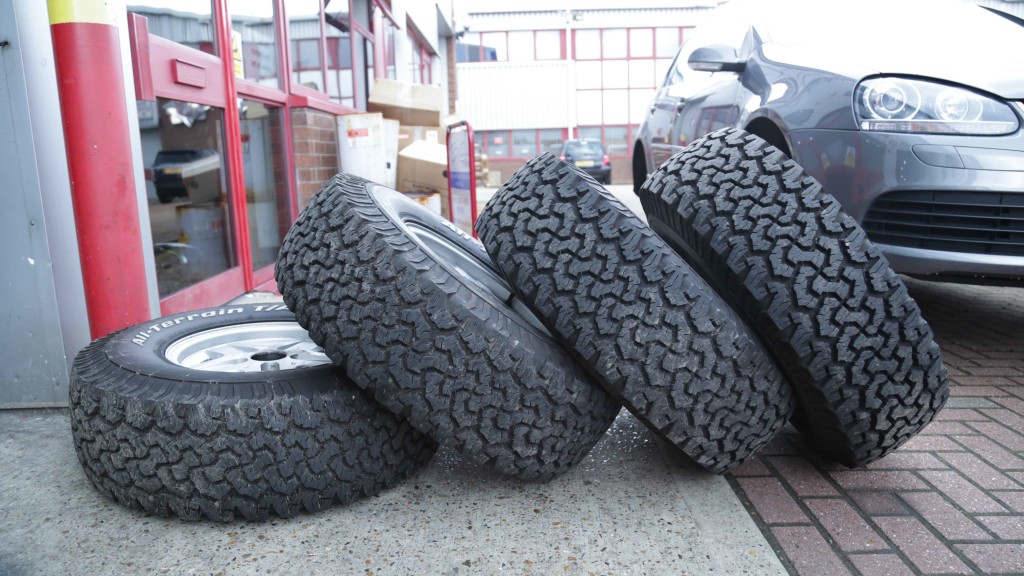If you see your car as primarily a way to get from A to B, considering your tyre health can be a little bit tedious. When all you want to do is hop in and get to work on time, it can be hard to find a spare second to check whether all’s well with the wheels.
Yet checking your tyres is something you owe it to yourself to do. Research suggests that over 160 road deaths in the UK have been attributed to under inflated car tyres in the past 5 years alone, with the true figure perhaps even higher.
With lives at risk, there’s therefore no excuse not to act if you think your tyres might need to be replaced. To avoid uncertainty and help you make the right decision, we’ve created a handy  guide to monitoring your tyres and getting the most from them. If in doubt, however, the best thing to do is always to ask a professional. Our experts are always happy to provide advice, so if you do have any questions or concerns simply pick up the phone (0845 370 8881).
guide to monitoring your tyres and getting the most from them. If in doubt, however, the best thing to do is always to ask a professional. Our experts are always happy to provide advice, so if you do have any questions or concerns simply pick up the phone (0845 370 8881).
1. Check your tyre pressure.
This is easy to do. Simply use a pressure gauge to check the values of each tyre, and then compare these to the recommended levels found in your manual. If the pressure is low, re-inflate the tyres with an air pump, which can be found at most local garages. Monitor the tyres over the next few days to ensure that no rapid deflation takes place – something that could signal a puncture. Don’t forget that tyre pressure contributes to the car’s handling and your ability to control it, so regular pressure checks are an absolute must.
2. Monitor the tread depth.
Using a tread depth indicator, check whether the level is still compliant with UK law, which stipulates a minimum tyre tread of at least 1.6 millimetres. Tread depth is not only a contributory factor towards gaining traction, but it also is a reliable indicator of the overall strength of the tyre. If your tyre tread gets low, don’t hesitate – get them replaced immediately.
3. Read the instructions.
Yes, we know, it’s a bit like asking for directions, but it is genuinely vital that you know how long your tyres are designed to last for. The manufacturer will have supplied you with guidance as to the tyre’s shelf life, and remember that the general consensus is to replace your tyres at least every six years, with no tyre to ever be left on your car for more than a decade.
4. Take care of the wheels, too.
The wheels can, unsurprisingly, have a great effect on your tyre health. It is therefore important to ensure that your wheels are in good shape and balanced correctly. It’s good practice to get them balanced regularly, to ensure they don’t have a detrimental effect on tyres – whether those are old or new ones.
Following these tips will ensure you’re as protected as you can be from tyre-related accidents, as well as ensure that your car can achieve peak performance. If you’re interested in getting your tyres balanced and finding out more about tyre replacements, call into Diamond Alloys at your convenience. We offer FREE wheel balancing as part of the service with any of our acclaimed alloy refurbishment and tyre replacement services.

 Follow
Follow